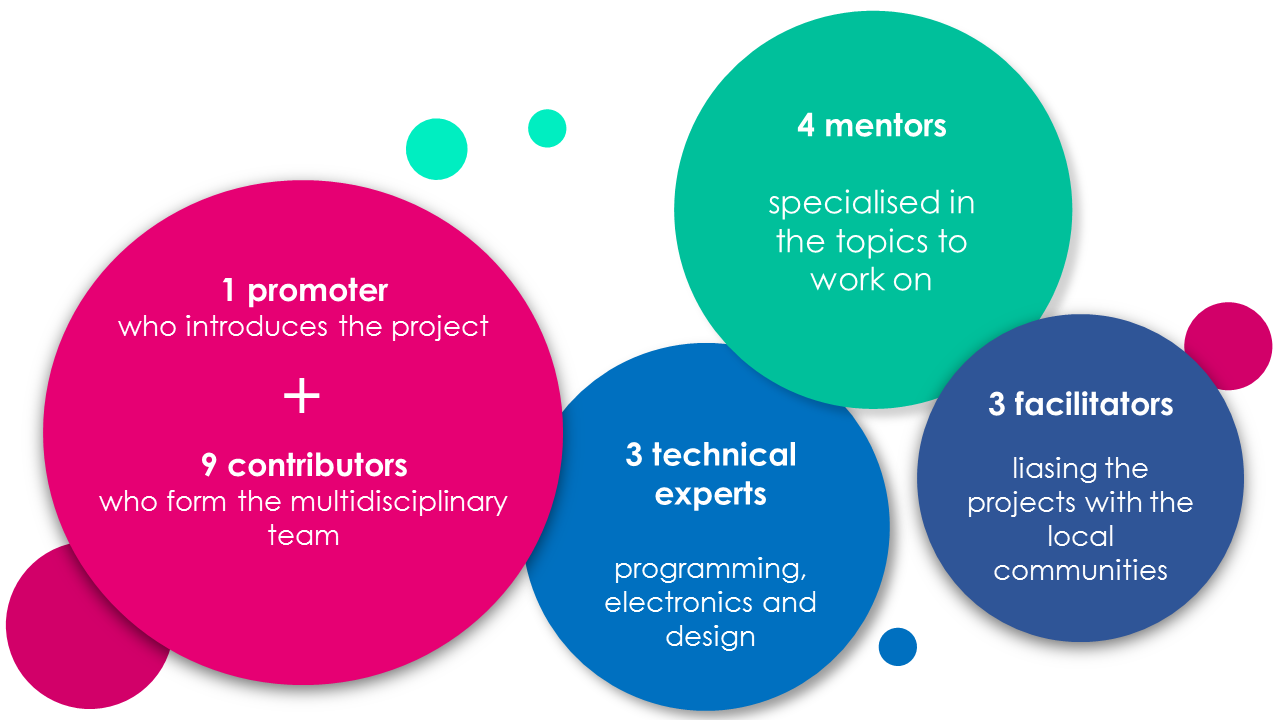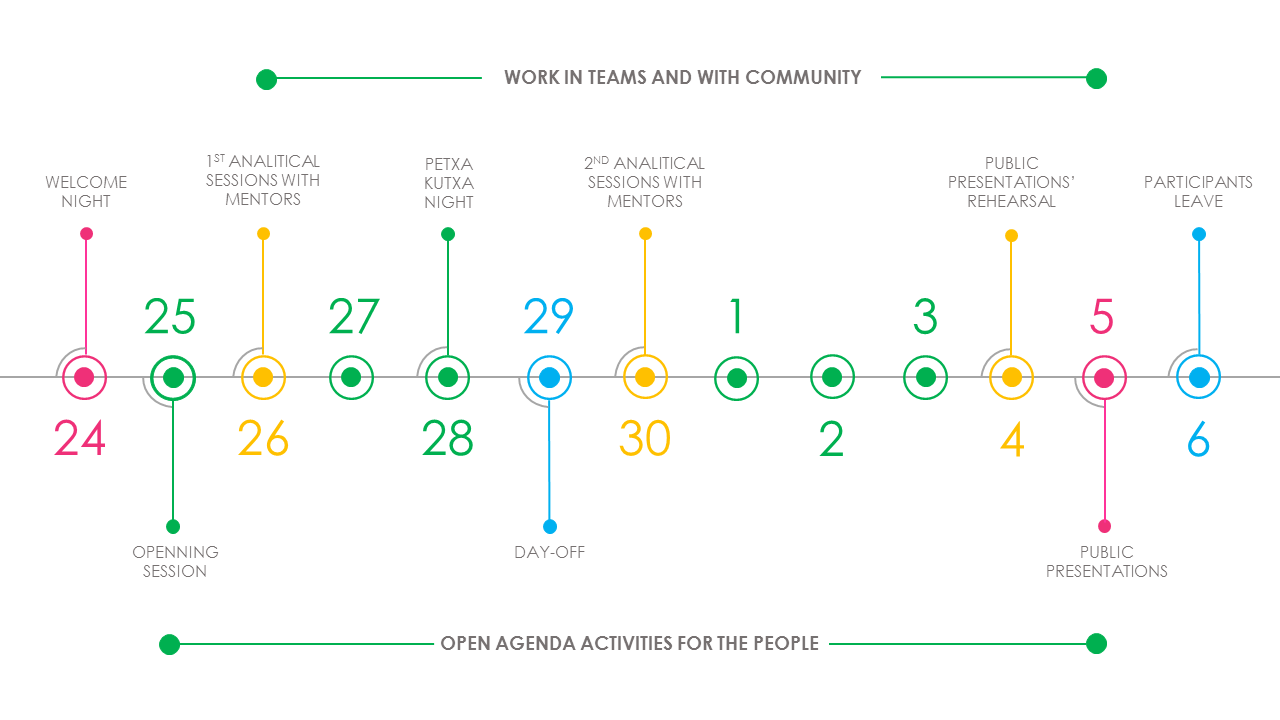[CLOSED CALL] INTERNATIONAL CALL FOR PROJECTS LABIC.CR – Guanacaste, Costa Rica
3 de junio de 2019

The Civic Innovation project of the Ibero-American General Secretariat (SEGIB), with the support of Government of Costa Rica and the EARTH University, call for the submission of innovative proposals to be developed and prototyped at the Civic Innovation Lab – Costa Rica (LABIC.CR) that will take place from October 29th to November 10th, 2019 in Liberia, Province of Guanacaste, Costa Rica. This civic lab seeks to find new proposals and innovative solutions that generate social and environmental benefits. The projects will be developed in a collaborative way by multidisciplinary and intercultural teams, in liaison with local groups and communities.
This #LABICCR will have the collaboration of the Government of Costa Rica, Spanish Agency for International Development Cooperation (AECID), Nansen Centre For Peace and Dialogue, Medialab-Prado, Silo – arte e Latitude Rural, Instituto Procomún, and Njambre.
The call for projects of #LABICCR will remain open from June 3 to June 28 and can be presented by citizens from anywhere in the world. The 10 selected projects will be published on July 8.
Ten projects will be selected to be developed by teams made up of one promoter and nine contributors (these will all be selected in an upcoming open call) with the support of a group of mentors, technical experts and local facilitators.
1.1. Registrations and publication of results
Anyone interested in taking part in the #LABICCR must complete and submit the form found below. Registration is free.
Opening date: June 3th, 2019
Closing date: June 23th, 2019 extended until June 28th, 2019
Publication of results: July 8th, 2019
Results will be published on the Civic Innovation website.
1.2. Civic Innovation
We define Civic Innovation as a process of solving social problems with open techniques and methodologies (these being digital, social or ancestral) that formulates innovative practises with the participation of the concerned local community. This definition implies that the people cease to be passive recipients of institutional action, to become players and creators of their own choices, through an empowerment process. A process that is very democratic (from the bottom up), very resilient as it is based on a learning by doing and trial and error method, and more importantly, much more flexible and efficient than any other as it includes the knowledge of the affected communities.
1.3. What is a LABIC?
Civic Innovation Labs (LABIC)¹ are forums created to experiment, standardise and streamline those spontaneous innovations emerging from the people that have the ability to transform situations and the potential to be replicated in other places.
The LABIC operate over 12 days with the gathering of multidisciplinary teams of people from diverse backgrounds. This makes the lab a forum for the production of projects developed in a collaborative way from the people to the people, generating a space of intercultural coexistence
This will be the LABIC´s sixth edition; the previous ones took place in Veracruz, Mexico in 2014; Rio de Janeiro, Brazil in 2015; Cartagena, Colombia in 2016; Pasto, Colombia in 2018; and Rosario, Argentina in 2018. In each edition, the LABIC adjusts to the context where it takes place and to the main theme of the Lab.
1.4. The people participating in the LABIC

1.5. The LABIC and the SDGs
On this occasion, the LABIC wants to contribute to the advancement of the Sustainable Development Goals (SDGs) related to climate change and environment from a civic society point of view.
What are the SGDs? On 25th September 2015, 193 countries adopted a set of 17 global objectives to eliminate poverty, protect the planet and guarantee everyone´s prosperity as part of a new sustainable development agenda to be implemented over the following 15 years. The interesting part of the SGDs agenda is that not only governments and institutions can contribute to it, but people can also bring their ideas. For that reason, this civic innovation lab is focusing on eight of those goals that must serve as the inspiration for the specific proposals that should inform the projects:
¹ Originally, the LABIC followed the production workshop format developed by the Medialab-Prado, but throughout the five editions we have adapted and incorporated innovations.
2.1. Aims of the call
The aim of this call is to select a total of ten projects to be developed over ten days during the lab. The selected projects will be developed with the support of mentors, mediators, and technical experts, as well as a group of 90 contributors from different countries (who will also be selected through a separate open call).
This call is directed to any individual person or group of people interested in submitting proposals, regardless of the candidate´s level of training, expertise or experience. Examples of applicants could be environmentalists, ecologists, biologists, engineers, sociologists, architects, geologists, town planners, educationists, programmers, psychologists, journalists, ICT experts, graphic designers, artists, cultural managers, protector of ancestral cultural traditions, community leaders or any other interested person. We specially call on youth organisations, afro-descendants, members of indigenous communities, women, people from rural and fishing areas, people with disabilities, members of the LGBTI community, and others to submit their proposals.
In the selection process we will be looking for proposals with a potential for social transformation, and also at innovative designs for objects, installations, platforms or methodologies, all of which can be adapted to the Costa Rican context, working in co- production with the local communities. The initiatives can include the use of digital, social or ancestral means to achieve their goals.
Innovative projects that generate social and environmental benefits by working, for example, on topics such as:
CLEAN WATER AND SANITATION
- To improve the water quality by reducing the pollution.
- To promote the efficient use of water resources.
- To protect and restore water-related ecosystems.
- To support and strengthen the participation of local communities in improving water and sanitation management.
- Access of communities to water resources that respect the environment.
AFFORDABLE AND CLEAN ENERGY
- To ensure universal access to affordable energies.
- More efficient use of energy by consumers, through information or new technologies.
- To improve technologies for supplying sustainable energy services.
- To facilitate vulnerable communities’ access to clean and alternative energy.
SUSTAINABLE CITIES AND COMMUNITIES
- To enhance inclusive and sustainable urbanization.
- To reduce the adverse environmental impact of cities, (air quality and municipal and other waste management).
- To design or apply new ways to generate sustainable economies.
- To facilitate vulnerable communities’ sustainable access to natural resources.
- Improve the performance of air conditioning (cooling, heating), thermal insulation, and lighting.
RESPONSIBLE PRODUCTION AND CONSUMPTION
- To achieve sustainable management and efficient use of natural resources.
- To achieve the environmentally-sound management of wastes.
- Reuse of plastic.
- To reduce waste generation through prevention, reduction, recycling and reuse.
- Foster a sustainable tourism that creates jobs and promotes local culture and products.
- To promote production and consumption of organic products.
CLIMATE ACTION
- Solutions for communities that face the consequences of climate change (drought, flood, change in the crop cycle, etc.).
- Initiatives aimed at promoting education and culture in the care of the environment in communities.
- Products or alternatives that help to reduce the impact of greenhouse gases.
LIFE BELOW WATER
- Help to prevent and reduce marine pollution (for example, plastic in the oceans).
- To minimize and address the impacts of ocean acidification.
- To provide access for small-scale artisanal fishers to local fishing and the sale of their products.
LIFE ON LAND
- Alternatives for a sustainable agriculture that takes care of its environment.
- Alternatives to the use of chemical fertilizers and pesticides or protection of living organisms from their use.
- To ensure conservation, restoration and sustainable use of terrestrial ecosystems.
- To ensure conservation, restoration and sustainable use of inland freshwater ecosystems.
- To promote the implementation of sustainable management of all types of forests, halt deforestation.
- To combat desertification and its effects on communities.
… AND ALSO, ANY OTHER PROPOSALS YOU CAN FORMULATE BASED ON YOUR EXPERIENCE OR CREATIVITY.
The projects can be submitted individually or as a group effort. Each team or individual can submit as many projects as they wish.
Once selected, the projects must be opened to the participation of all the team members and the local communities, so that they can make their contributions to the development of the initiative during the lab.
2.2. General features of the laboratory
Methodology
The teams will work on developing their proposals during the #LABICCR. Although the lab has an established timetable, each group needs to manage their work schedule, their priorities, the way they operate internally and their material resources. The teams will operate in a collaborative and horizontal manner and will be supported by a group of mentors (specialists in the topics to work on and with experience in the labs), technical experts (in programming and electronics), and local facilitators (who connect the projects with the local communities).
If none of the team members have any connection to the local community, the organisers will help them get in touch. The collaboration with local organisations and collectives is crucial for the participants to confront real situations on the ground and in order to meet the beneficiaries of the project.
The working day will spread over mornings and afternoons, and it will adapt to the specific needs of the projects as well as the activities and timetable of the event venue. On this occasion, the place that will host the LABIC is a large center, with various spaces, located 10 km from the city of Liberia in a natural environment.
While much of the interaction happens in Spanish, the LABIC as a multicultural meeting space is multilingual, and communication flows naturally.
While the #LABICCR takes place, there will be a number of other activities such as talks, presentations, seminars, or workshops opened to both the participants and the locals.
The working schedule during the #LABICCR will be as follows:

Before the lab, the organisation will put all the team members in contact with each other so that they can plan, exchange information and materials and advance any preparatory work to be developed during the event.
Resources and technical requirements
The organisation will provide all the resources and means necessary to generate the projects. The promoters of the proposals must put an advanced request to the organisers, for a maximum of $350 per project.
The selection committee will study carefully the technical viability of the projects. For that reason, projects with clearly defined technical and material requirements will be valued very positively.
2.3. Accommodation, transport and meals
The organisers will cover the accommodation, meals (full board) and travel costs to Guanacaste for one person per project as promoter. If the Project includes more people, we will only cover the costs for one person per project.
The accommodation will be in shared rooms, of maximum 3 people, in a hotel in the city of Liberia, close to the venue where laboratory activities will take place
The selected promoters who are not residents of Costa Rica will have to find out about the visa requirements for their nationality. You can check here.
Please keep into consideration that the Costa Rican authorities demand an International Certificate of Yellow Fever vaccination for visitors coming from Angola, Benin, Burkina Faso, Cameroon, Democratic Republic of Congo, Gabon, Gambia, Guinea, Liberia, Nigeria, Sierra Leone, Sudan, Bolivia, Venezuela. Brazil, Peru, Colombia, Guyana and Ecuador. This certificate will also be compulsory for any traveller who has transited for more than 12 hours at an airport in any of the mentioned countries. The vaccination should have been administered at least 10 days before the journey.
3.1. Selection committee
The selection committee will be formed by the SEGIB´s civic innovation team and the mentors.
3.2. Evaluation of projects
For the selection of the projects, the committee will consider:
- Adjustment to the theme of this lab.
- Clear and precise objectives, with intent to promote change.
- Quality, originality and high level of innovation.
- Clearly identifying the beneficiaries of the project.
- Best use of resources.
- Diversity of approach and origin will be valued and its integration with other proposals
3.3. Promotion and continuity of projects
The developed projects will be publicly presented by the promoters and the contributors on the last day of the lab.
The full documentation on the projects will be published on the organisers’ website in order to share the knowledge generated.
The organisation will study the viability of escalating and replicating the projects after the lab.
3.4. Obligations of the successful candidates
- The successful candidates will commit themselves to attending the lab every day from October 29th to November 10th of 2019.
- The project´s promoter will commit him or herself to contact the selected contributors to promote early communication among the members of the team. He/she will also share with the team members all the documentation and bibliography so that they can acquire more knowledge about the topic they will be tackling at the #LABICCR.
- The teams also commit to facilitate all the project´s documentation that could allow its replicability.
- The selected participants will be allowed to use all the equipment and material previously requested and allocated to them. Any unforeseen or not approved expense pertaining the material or the rental of equipment will have to be covered by the authors of the project.
- The finished projects will be under free licenses and we suggest to use the Share-Alike type (for example, in Creative Commons, it would be the BY-SA licence). At LABIC, we promote knowledge that is open and shared, as our intention is to replicate the projects and escalate them in different regions, so that they can benefit more people.
3.5. Legal disclaimer
The organisation is not responsible for the information or data used by participants. The organisation is not responsible either for any copyright infringement, affecting third parties, according to the laws of their respective countries.
The #LABICCR is an event that takes place over several days. Therefore, we appeal to the individual responsibility of each participant throughout the lab. The organisation will not be responsible for any thefts, losses, or personal injuries.
The #LABICCR does not offer any financial remuneration to the participants, in the understanding that the lab is a forum for collaboration and contribution to the common good.
3.6. Interpretation and modification of this call´s terms
The members of the committee can make any modifications, adaptations or clarifications that they consider pertinent.
Any circumstance not covered in this call will be resolved by the committee. The decisions, rating and results are not subject to appeal.
3.7. Ethic code and rules of co-existence at LABIC
- We focus on collaboration not competition.
- Ideas are valuable on their own, not because of who formulates them. We don´t promote gurus, but the common good.
- We defend the rights to information, knowledge and participation. Dialogue and free exchange of ideas guide our activities.
- At the LABiC we promote free licences and open information repositories for transparency and to spread knowledge.
- We do not accept hate speech or any kind of discrimination for reasons of gender, race, ethnicity, disability, social stand, sexual orientation, religious beliefs and origin.
1. Should the projects only be applicable in the region where the lab is taking place?
Not necessarily. In fact, one of the #LABICCR´s main objectives is that the projects should be applicable to different contexts, countries and communities.
2. Are the projects developed only in the physical space of the laboratory?
Not necessarily. They can be developed in the physical space of the laboratory, and also outside at the time when the teams work with the local community.
3. How do we get in touch with the communities that will collaborate in the project?
The organisers will provide local mediators who will facilitate the contact with the local communities. But the participants can also establish their own contacts with the local communities (or with external ones) that they consider could be relevant for the projects.
4. Can the projects be proposed by collectives or organisations?
Yes, we understand that the projects can emerge from a collective. In those cases, if the project gets selected, the collective or organisation will have to name a promoter or representative to attend the LABIC. The organisers only cover the costs of this promoter. The other members of the group can – if they so wish – apply to participate in the lab as contributors.
5. Will the final project (prototype, methodology, etc.) have copyrights?
We aim at free licenses and open repositories for the products generated by the LABIC. The organisation can share the results in other scenarios and with whosoever is interested. But we will always recognise the authorship of the creators.
6. What happens with the projects once the lab is over?
There will be a follow-up process by the organisers in order to evaluate the possibility of escalating the prototypes or using them in other places.
7. What kind of resources and materials will the organisation provide for the development of the projects?
In the registration form we establish the maximum financial help for material is $350. Depending on viability and approval, these materials can be requested from the organisers, who will then be providing them.
Taking part in this call means you accept all the rules and contents.
![]()
more info: [email protected]



